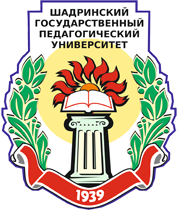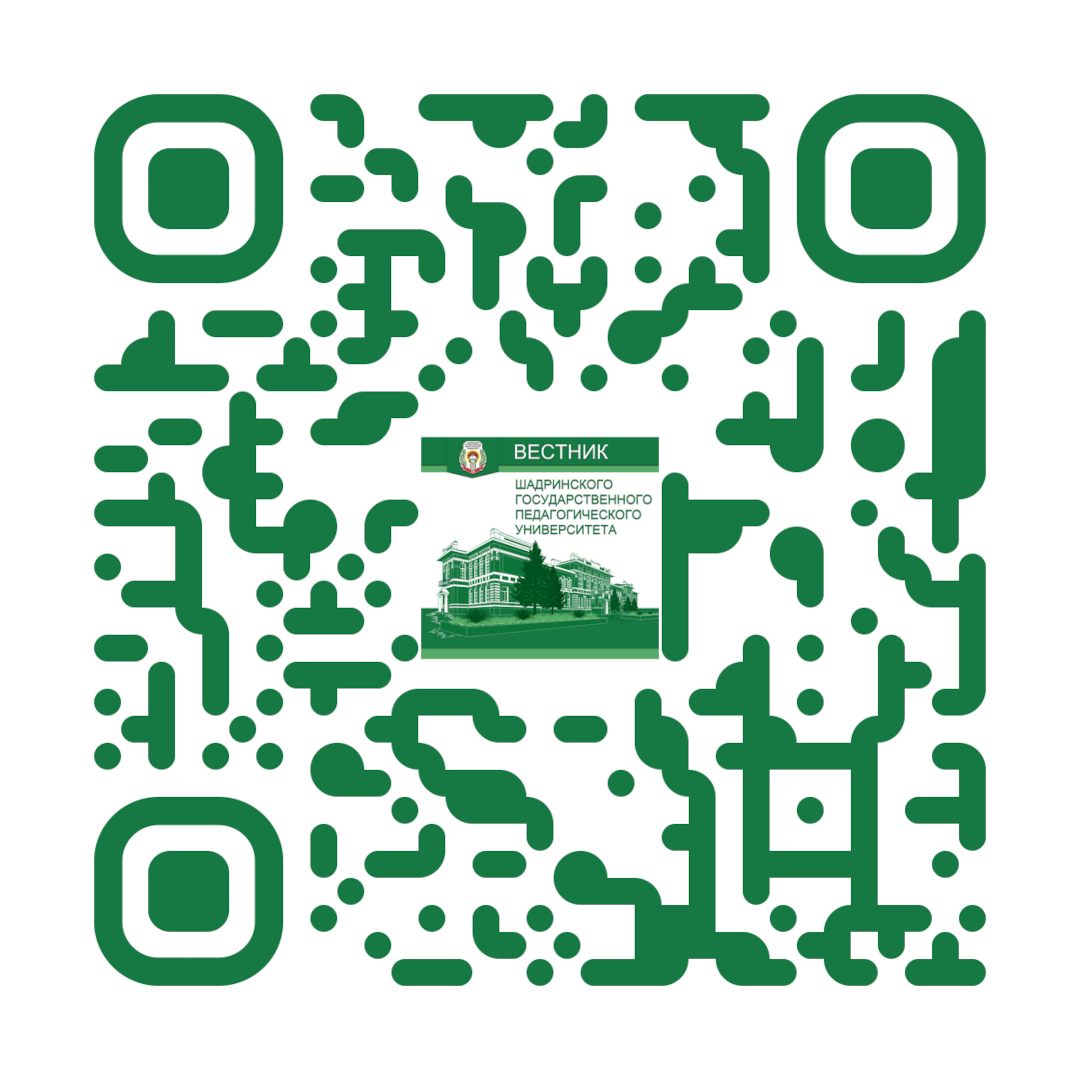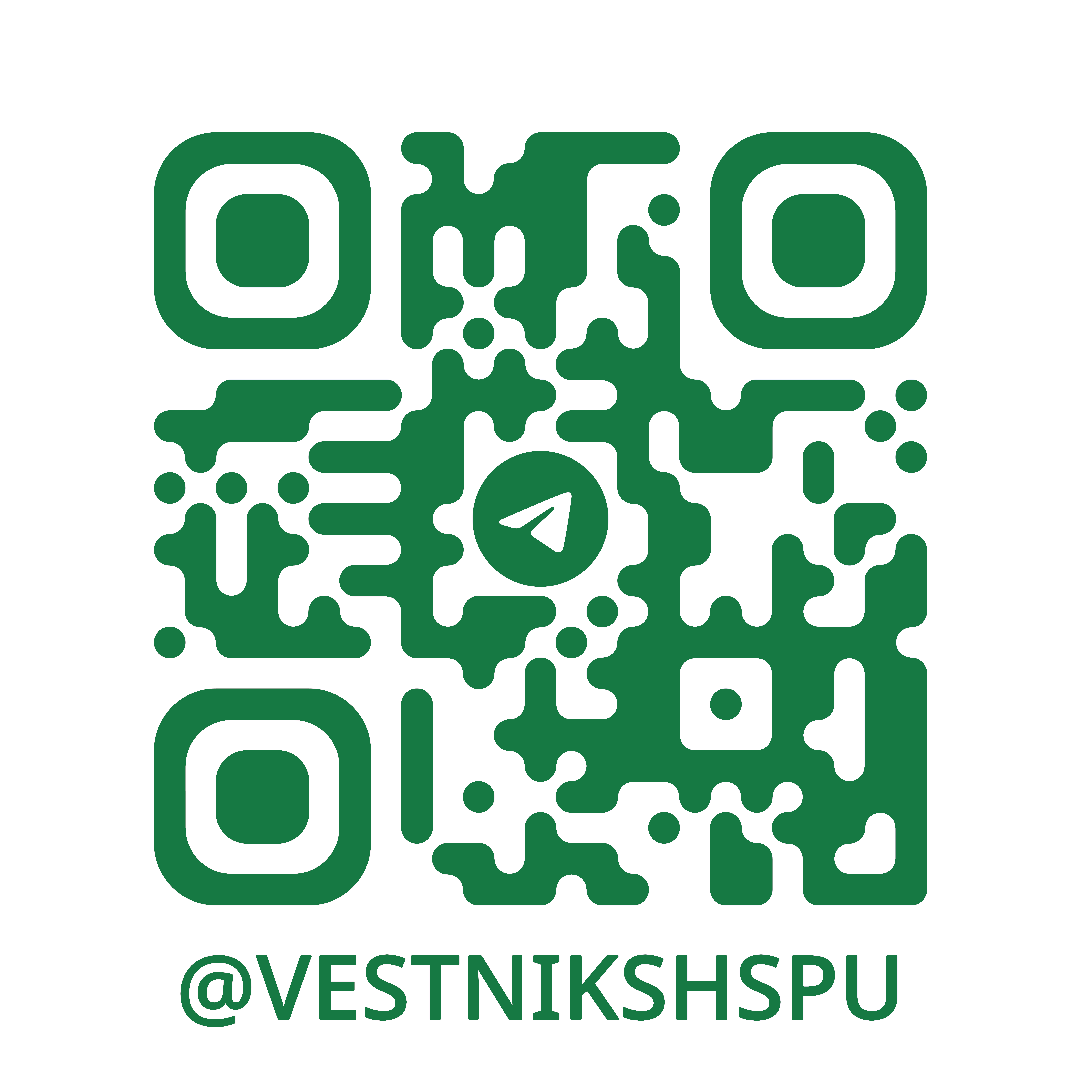К вопросу о корректном использовании терминов, связанных с современными образовательными результатами
On the correct use of terms related to contemporary educational outcomes
Аннотация
В статье представлен анализ толкований терминов «функциональная грамотность», «математическая грамотность» и «функциональная математическая грамотность», позволивший сопоставить смыслы, вложенные в определения этих терминов разными авторами, а также указать различия в их понимании и применении с позиции идеологии Платона для реальных родо-видовых определений при использовании верификаторов. Для принятого авторского конкретного толкования в указанном зафиксированном сопоставлении этих понятий приведены примеры, иллюстрирующие возможность формирования у обучающихся «математической грамотности» и «функциональной математической грамотности» при работе с сюжетными задачами. Материалы статьи дополняет пример контекстной методологии составления задачи и заданий для учащихся 5-го класса по теме «Обыкновенные дроби. Решение текстовых задач, содержащих дроби» и заданий к задачам для 10 класса по теме «Тригонометрические выражения и уравнения. Синус, косинус, тангенс и котангенс числового аргумента» для формирования функциональной математической грамотности.
The article presents an analysis of the interpretations of the terms “functional literacy”, “mathematical literacy” and “functional mathematical literacy” which made it possible to compare the meanings embedded in the definitions of these terms by different authors as well as to point out the differences in their understanding and application from the position of Plato's ideology for real generic definitions when using verifiers. For the accepted author's specific interpretation in the mentioned fixed comparison of these concepts, examples are given to illustrate the possibility of forming “mathematical literacy” and “functional mathematical literacy” in learners when working with story problems. The article is complemented by an example of contextual methodology of task design and assignments for 5th grade students on the topic “Ordinary Fractions. Solving text problems containing fractions” and tasks for 10th grade on the topic “Trigonometric expressions and equations. Sine, Cosine, Tangent and Cotangent of a Numerical Argument” to develop functional mathematical literacy.








